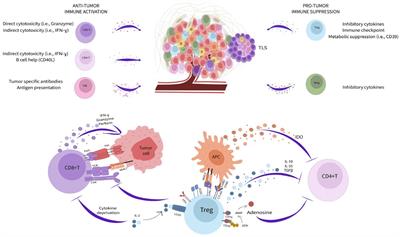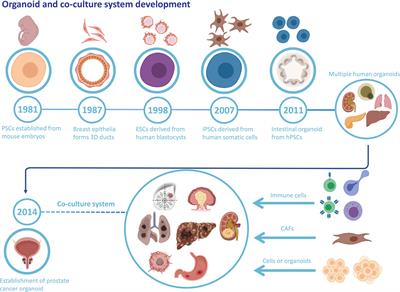EDITORIAL
Published on 20 Jun 2023
Editorial: Innovative 3D technologies in cancer immunity research and therapy
doi 10.3389/fimmu.2023.1235483
- 1,042 views
- 1 citation
23k
Total downloads
81k
Total views and downloads
Select the journal/section where you want your idea to be submitted:
EDITORIAL
Published on 20 Jun 2023
ORIGINAL RESEARCH
Published on 16 May 2023

REVIEW
Published on 04 Apr 2023

REVIEW
Published on 12 Jan 2023

REVIEW
Published on 29 Sep 2022

ORIGINAL RESEARCH
Published on 02 Aug 2022

METHODS
Published on 16 Apr 2021


Frontiers in Oncology